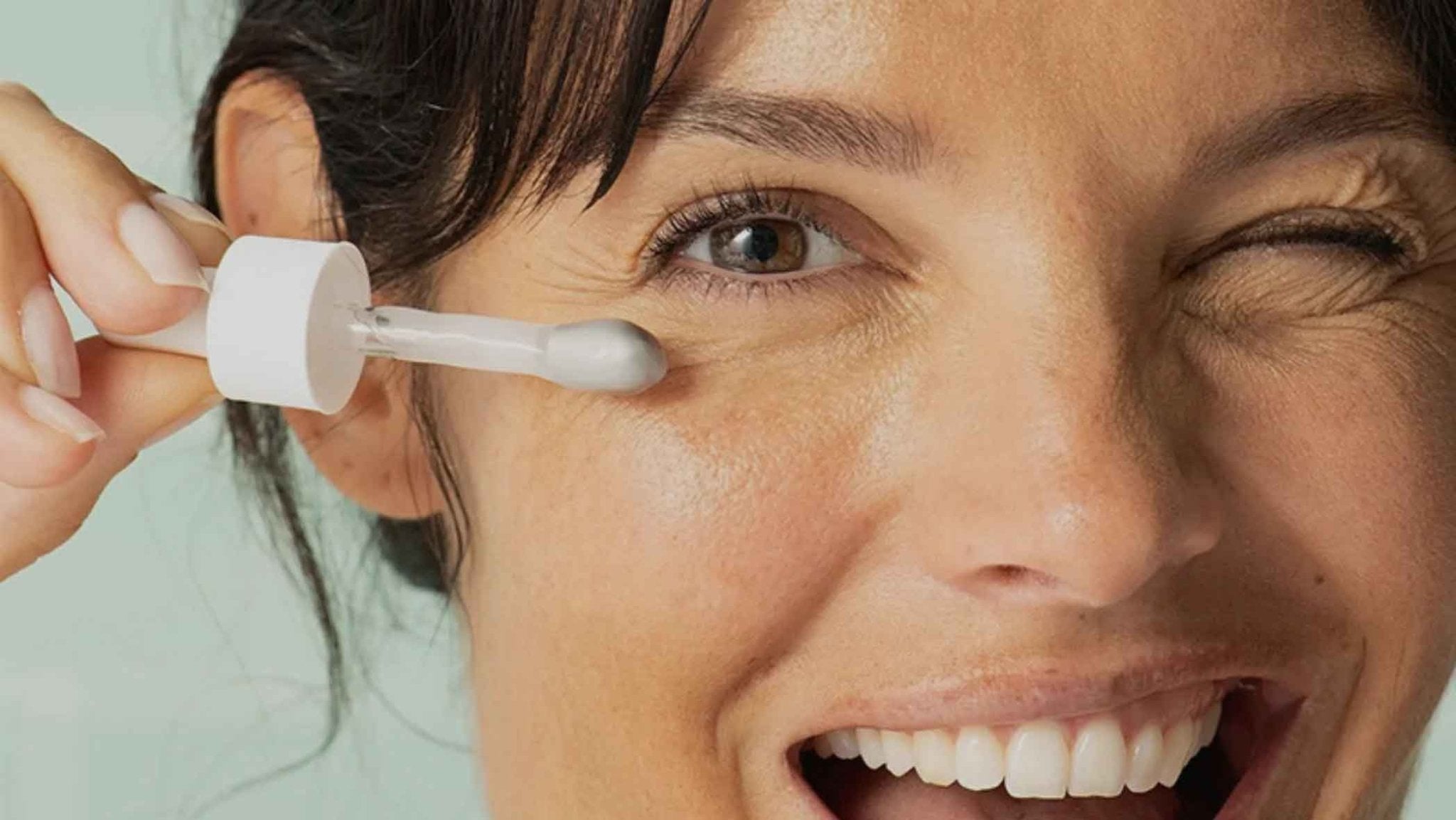Treating dry and sensitive skin can be a challenge! Our skin is naturally exposed to sunlight, humidity, water, and various weather elements. It is the largest organ in our bodies that maintains moisture. We take care of our skin to show the best of ourselves, and it also plays a physiological role.
Skin comes in various skin tones, looks, and conditions. Keep in mind that dry and sensitive skin is the result of unregulated skincare. It can be due to exposure to certain ingredients, scents, and irritants. If dry and sensitive skin damages further, it will prevent your skin from functioning properly.
The bright side? These problems are treatable at any time. Do the following tips and techniques to treat dry and sensitive skin. Believe us–your skin will thank you for it!
Treating Skin Problems
Skin problems arise due to many factors. These include age, skin tone, lifestyle, allergies, and routines. Fortunately, many French skincare brands help you treat your skin. Remember that you need to look closely at the ingredients and product information before applying. There may be ingredients that can cause skin problems. In addition, your routine determines how your skin interacts with various ingredients and substances.
Through a proper skincare routine, you will treat dry and sensitive skin easily. Here are some ways you can treat these common skin conditions.
For Dry Skin
Apply sunscreen - A good amount of sunscreen protects your skin from harsh sunlight, even in winter. Make sure to get one with at least SPF30 to ensure your skin is protected. It gives healthy coverage, and it is suitable for all skin types, like the Avene Sunscreen Aqua Fluid. While the seasons vary in Australia, it is best to apply daily.
Use fragrance-free skincare products - Skincare products such as bar soaps are harsh to dry skin. It is because they have scents carrying ingredients that interact on contact. Dermatologists recommend fragrance-free products from derma brands like Bioderma or La Roche Posay to neutralize the odours of other ingredients.
Wear gloves for household activities - Our hands have the highest likelihood of dry skin. You can reduce the risk of dry skin by wearing gloves. Do this in any home activity that involves contact with various chemicals and substances.
Use serums with anti-inflammatory properties - During winter, humidity and temperatures drop. This gives a chance for dry skin to thrive. Using anti-inflammatory serums that are nutrient-dense penetrates skin cells and reduces redness. SVR laboratories developed some good ones.
For Sensitive Skin
Use moisturisers - Moisturisers like Bioderma Atoderm Intensive Baume have ceramides and glycerin. These ingredients provide a protective layer over sensitive skin. You can apply this after a quick shower or before bed.
Avoid perfumes - The scents of various perfumes can pose problems to sensitive skin. Stay away from perfumes that are highly acidic such as lemongrass. Instead, use essential oils that contain ingredients like lavender.
Avoid hot showers - Hot showers can expose the skin to cracks that may bleed. The higher the temperature, the more likely the skin will damage. Therefore, change the temperature to warm or cold water to maintain good moisture.
Stay away from exfoliants - While exfoliating is good for your skin, too much leads to more irritation. Remember, everyone’s skin is different. You can use exfoliating ingredients like papaya in moderation.







